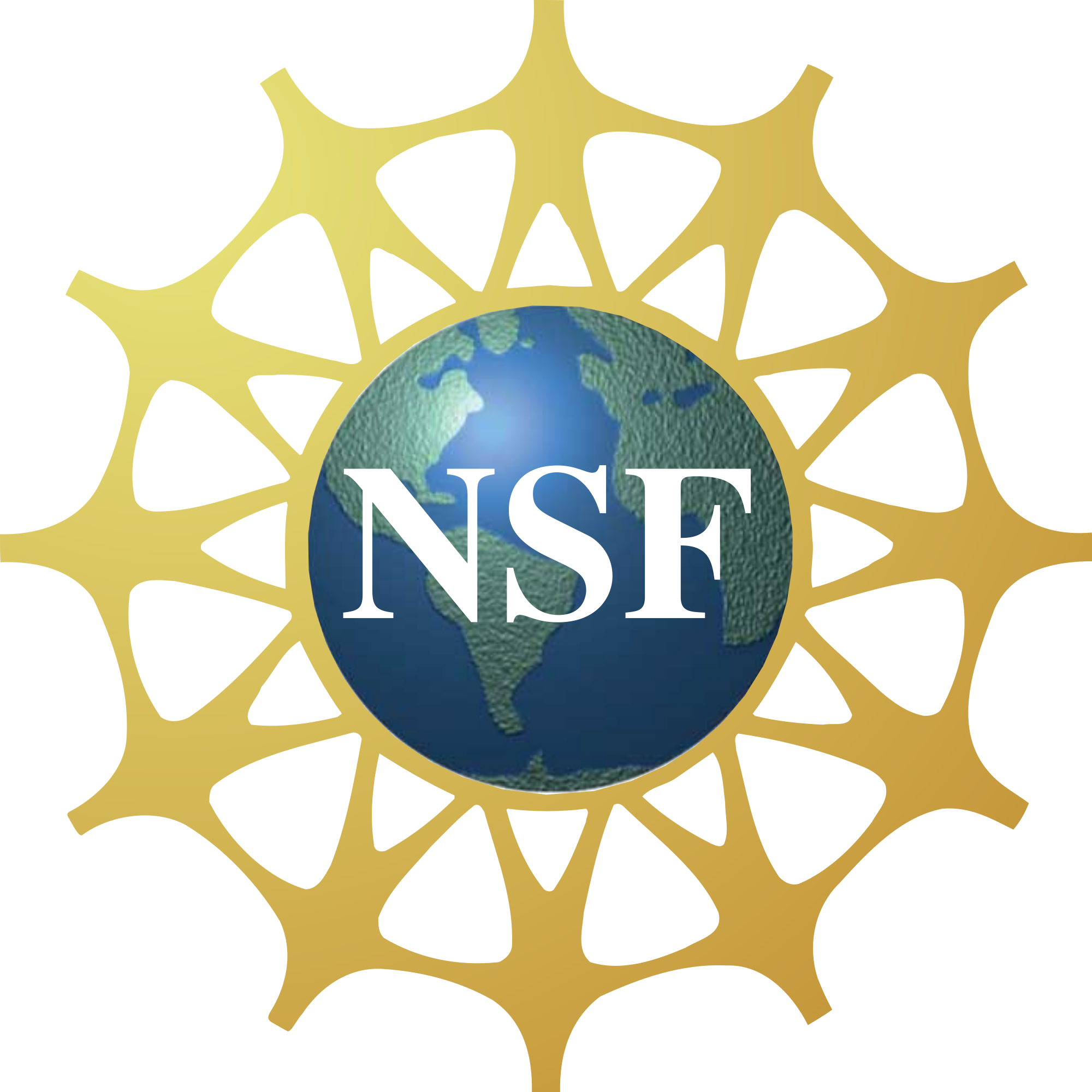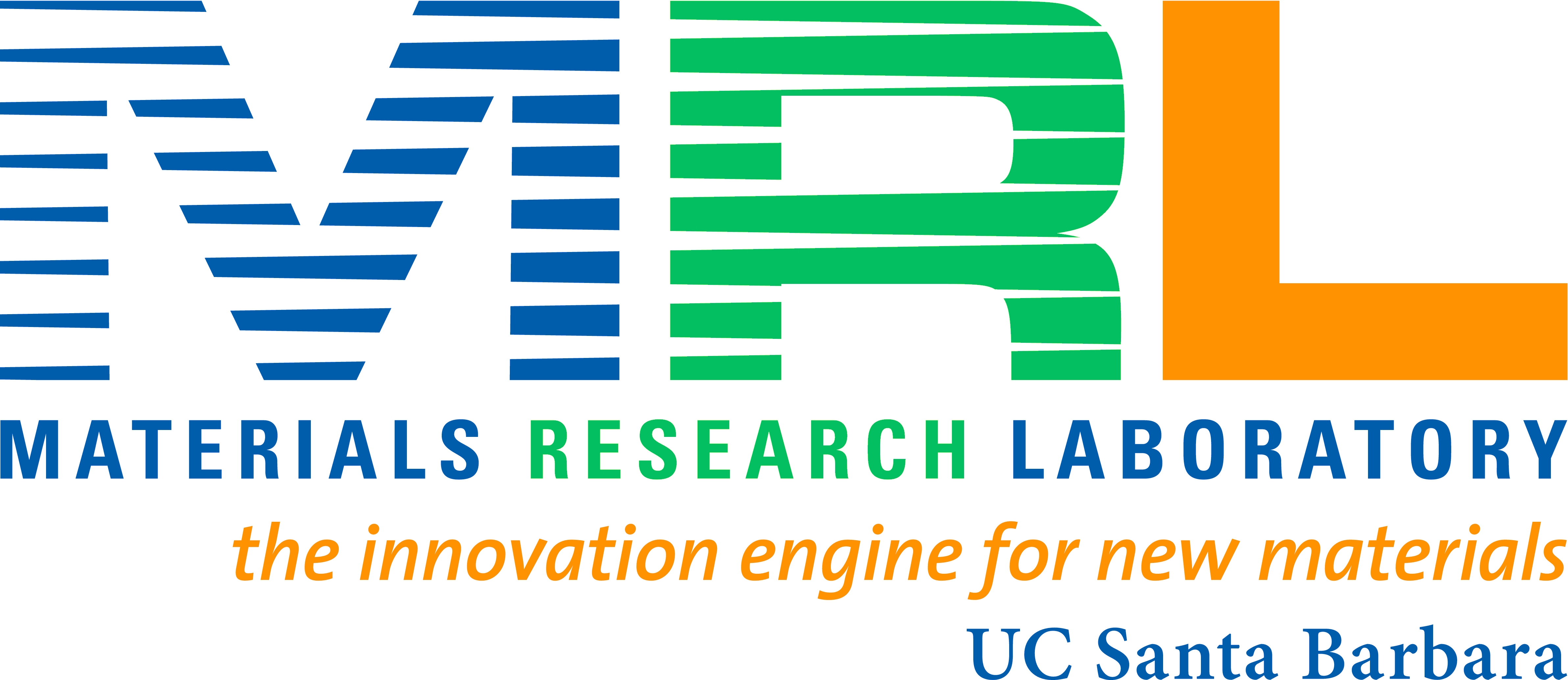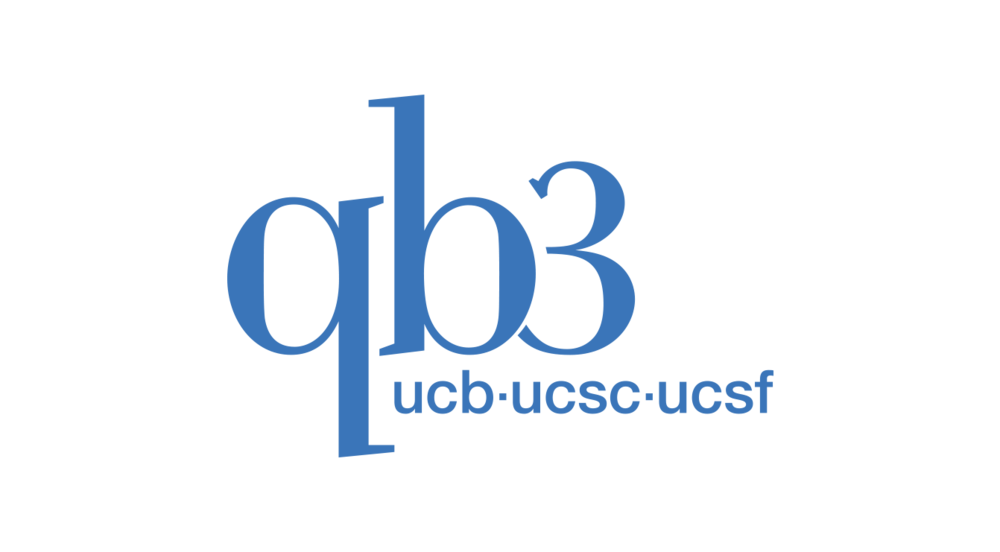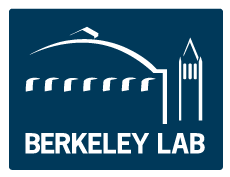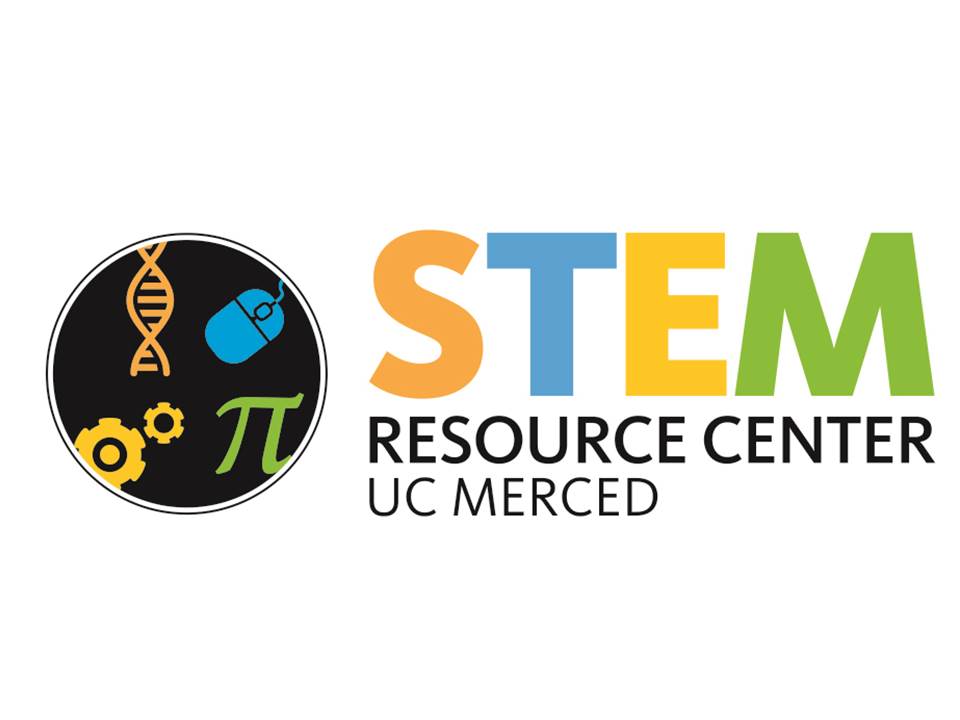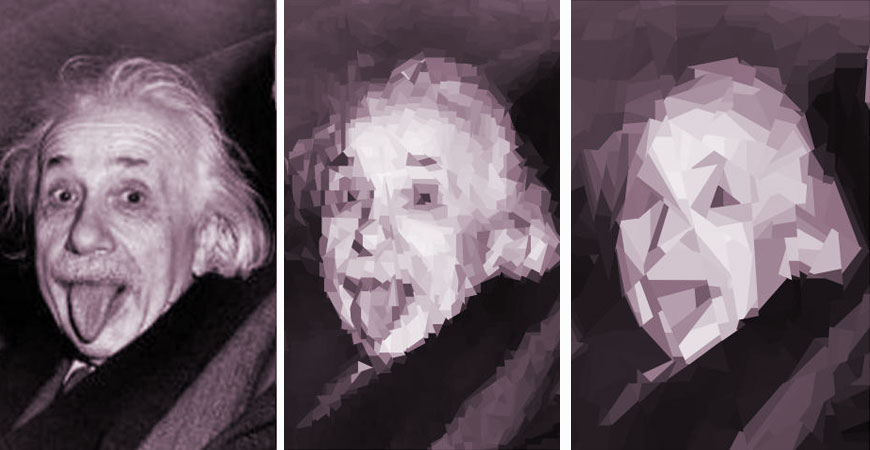
Here's a nifty use for AI: Turning photographs and other images into Cubist art.
A team of UC Merced researchers developed a project to do just that, using artificial intelligence to transform images into the style of art created by Pablo Picasso and Georges Braque that reduces and fractures objects into geometric forms.
One of those researchers, Edric Chan, is still in high school.
Chan, a senior at Great Oak High School in Temecula, met computer science and engineering Professor Miguel Á. Carreira-Perpiñán during the Bobcat Summer STEM Academy, a series of workshops offered through CalTeach.
"I met Professor Miguel and said I was interested in learning about AI," Chan said. "He contacted me about a possible project that's based on his research on training decision trees, to adapt them to manipulate images."
Carreira-Perpiñán's research focuses on machine learning. Much of his lab's work requires significant knowledge of programming and computer science as well as mathematics.
In the past few years, he has worked on decision trees, a type of machine learning algorithms used in classification and regression.
"I realized we could apply them to images in a certain way," Carreira-Perpiñán said. "Although the underlying algorithms are complex, applying them to images and evaluating them was accessible to a high school student, and a lot of fun. That became the project Edric participated in."
The art the team created is used mainly for aesthetic purposes and could be could be further manipulated with tools such as Adobe Photoshop. However, Carreira-Perpiñán said there are other applications for it.
"The underlying ideas can be used for other types of image processing, such as segmentation and compression, which we are currently working on," he said.
Chan shares some examples on his website, such as the transformation of a scenic photograph and one of Albert Einstein into increasingly surreal Cubist pieces.
 A paper on the project was accepted at the Bay Area Machine Learning Symposium, or BayLearn, an annual gathering of machine learning scientists from academia and industry. The authors, including Chan and graduate student Magzhan Gabidolla, attended the event in October at the Apple campus in Cupertino. Chan presented the team's work to several people there.
A paper on the project was accepted at the Bay Area Machine Learning Symposium, or BayLearn, an annual gathering of machine learning scientists from academia and industry. The authors, including Chan and graduate student Magzhan Gabidolla, attended the event in October at the Apple campus in Cupertino. Chan presented the team's work to several people there.
Further papers on the effort are in the works, Carreira-Perpiñán said. Chan will be involved in those as well.
"It is very unusual for a high school internship to work out so well," Carreira-Perpiñán said.
As for that high school student, he is looking to pursue his interest in AI in college and beyond. Chan is working on his college applications.
"I think any of the UC campuses would be really good," he said. "And if there's a chance to come to UC Merced and work with Professor Miguel, that would be great."
After college, he hopes to become a researcher and design algorithms.
"The new technology AI is using is amazing," he said. Before attending the Bobcat STEM Academy, he couldn't imagine its possibilities. "Now every time I use it, it's really cool and fascinating."

